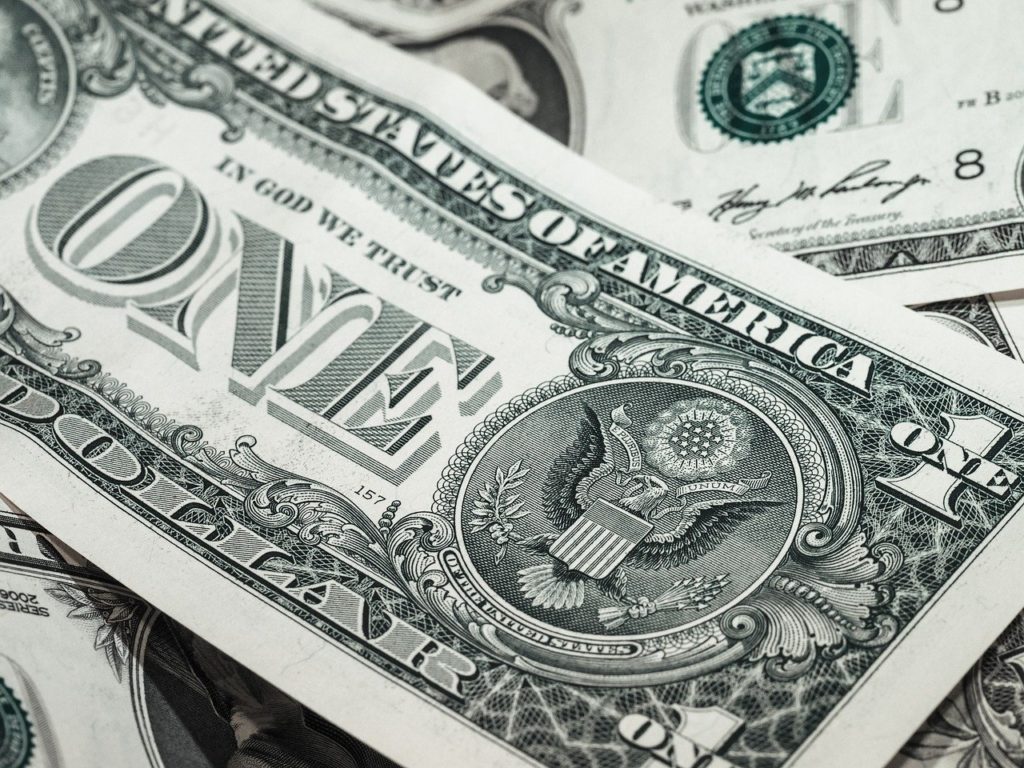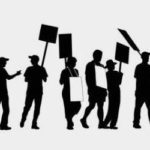
Do I have to pay dues to my local Union?
This was a question; I received a while back. The answer to this question has changed over the years. The most recent and sweeping change revolved around a Supreme Court Decision relating to AFSCME vs. Janus. We will get into that in just a moment. To answer the question, it is simple: No, you do not have to pay Union Dues. However, it is much more complicated than simply saying; “NO” I’m not paying.
Depending on where you live and whom your employer will determine if you can keep your job or position without paying dues. In some situations, an employer may have to release you from employment if you opt not to pay dues. The first thing we need to do is explain, what exactly a Union / Labor Union / Trades Union is. It is an organization that works as the intermediary between you and the employer. The primary role of the Union is to give leverage to the employees who work for the employer. This leverage is used to address various areas such as wages, benefits, working conditions, and grievance proceedings.
What if I don’t pay my dues?
Members can resign from the Union if they choose. The Union can restrict the time that they can stop paying their dues. In some situations, the employer may have to release you from your employment. In other situations, you may still have to pay dues but not be a member and at a lower amount.
Many private-sector Union Members are covered by a state Right to Work legislation. In 2018, a Supreme Court Decision relating to the First Amendment stated that non-union government workers cannot be required to pay union fees as a condition of working in the public sector. This does not apply to private-sector employers. There are other limiting factors relating to Right to the Work States, that are not covered by Right to Work legislation such as railway workers and airlines.
If I do not pay Union dues and I am a Public Sector employee, will the Union still represent me?
Yes, they are required to provide the same benefit and services to all that are covered by the Collective Bargaining Agreement. The Union is granted certain privileges that will require them to represent you. They are often referred to as the Exclusive Representative. If they do not provide representation when needed, the recourse that you have is to file a claim with the local Union and then to the next higher level of the Union organization.
Can I just pay a portion of my Union dues?
In some situations, yes, you can pay a portion of the dues. This is called “Fair Share Dues”. This is defined as costs that you will pay for basic services provided by the Union. Often, it is a percent of your wage. In many situations, it will deduct the costs for Political activities that the Union is involved in.
What does a Union do with my Union Dues?
Trades Unions or Labor Unions have expenses like any other organization There are costs for staff, rent/lease costs for office space, utilities, legal fees, and cash reserves to fund special projects to name just a few expenses. In some situations, the Union is allowed to contribute to political candidates or political action groups or make donations on behalf of its members.
Where can I go to learn more about Labor Relations and Unions in general?
We would encourage you to continue to monitor www.mystaffology.com and sign up for our newsletters. Or if you would like to use another resource, I would suggest the National Right to Work, Legal Defense Fund. This is a good source of factual data. The website is www.nrtw.org.










